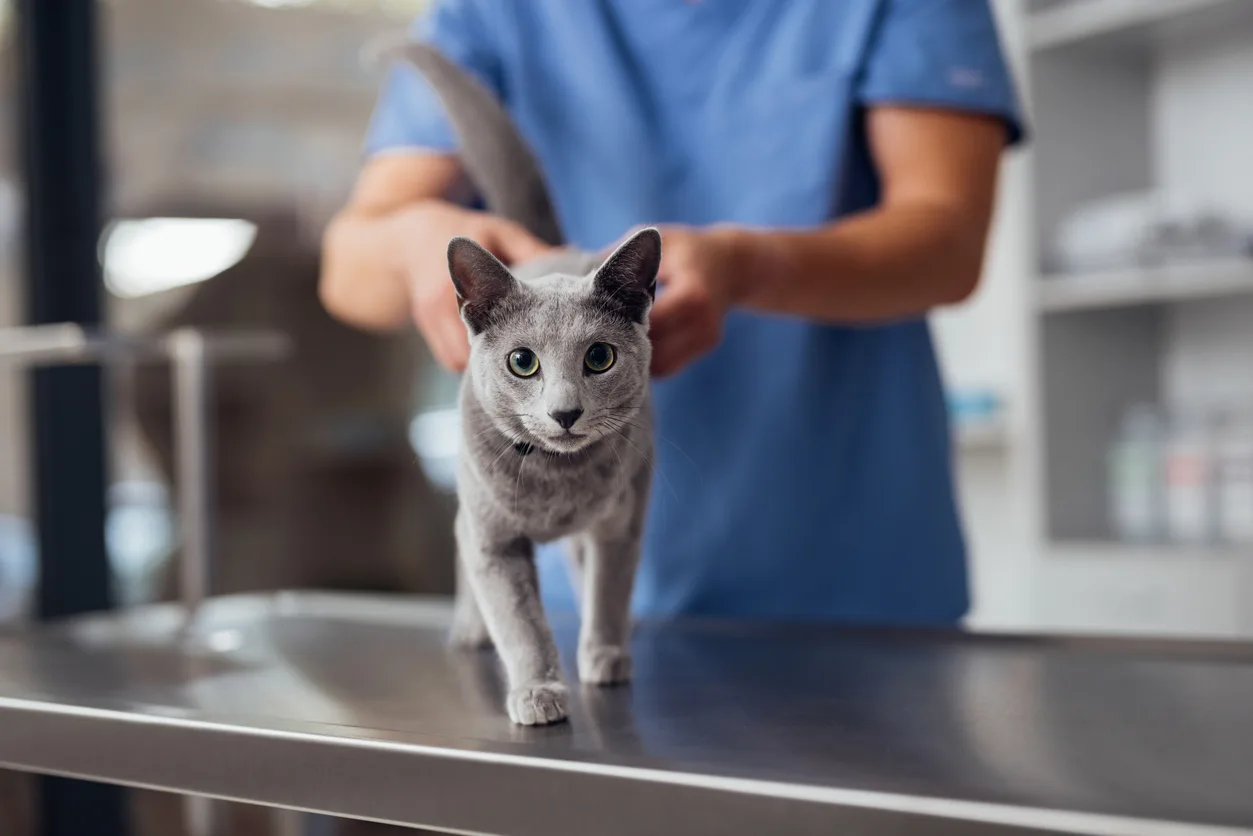
Source
Brainard BM, Coleman AE, Kurosawa A, et al. Therapy with clopidogrel or rivaroxaban has equivalent impacts on recurrence of thromboembolism and survival in cats following cardiogenic thromboembolism: the SUPERCAT study. J Am Vet Med Assoc. 2024:1-10. doi:10.2460/javma.24.09.0584
Research Note
Whether anticoagulant drugs can further delay recurrence of arterial thromboembolism (ATE) in cats compared with antiplatelet drugs or whether a combination of anticoagulant and antiplatelet drugs is superior to monotherapy is unknown.
This prospective, double-blinded study compared single-agent anticoagulation therapy (rivaroxaban, 2.5 mg/cat PO every 24 hours) with single-agent antiplatelet therapy (clopidogrel, 18.75 mg/cat PO every 24 hours) for prevention of ATE recurrence in 45 cats with cardiomyopathy that had recovered from cardiogenic ATE. Cats were randomized to receive rivaroxaban (n = 26) or clopidogrel (n = 19) for 24 months or until ATE recurrence or death.
ATE recurrence developed in 10 cats (39%) in a median of 513 days in the rivaroxaban group and in 7 cats (37%) in a median of 633 days in the clopidogrel group. Three cats from each group survived for 24 months without recurrence. The authors concluded that monotherapy with rivaroxaban or clopidogrel in cats that have recovered from ATE can result in comparable survival times, as well as similar prevalence and timing of ATE recurrence.
You are reading Research Notes, a research summary resource presented by Clinician's Brief. Clinician's Brief does not conduct primary research.